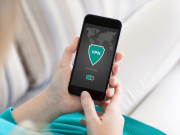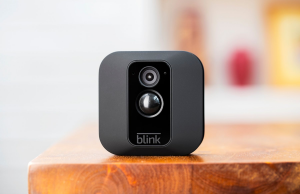Food Matters
1337×.to: 10 Best Torrent 1337x Proxy and Mirror sites
1337×.to proxy torrent site are getting popular day by day. Torrent sites are the first option that comes into your mind when you want to...
Travel Guides
Healthy Life
Cove Home Security: Complete Review 2022
Cove Home Security brings all the essential features to provide you with effective home security systems. Features of Cove Home Security include 24/7 monitoring...
SimpliSafe Home Security Company Review In 2022
SimpliSafe is a pioneer home security service that offers easy security choices without any contract. They offer cheap monthly professional monitoring, and you don't...
Sport News
Best KunManga Alternatives: What is KunManga?
KunManga is an online community for sharing and reading Japanese comic books (manhwa). If you are an artist interested in working in the anime/manga...
Best VPN service in 2021
Using a VPN makes you better anonymous online, encrypts your internet traffic, and lets you trick your laptop and mobile device into thinking it's...
Reddit NBA Streams: Best free Alternatives to NBA Reddit Streams
Reddit stream nba shut down the massive r/NBAStreams subreddit on June 17th, 2019. Due to legal issues, As a result, basketball fans were left...
Top 2-10 Home Buyers Warranty: complete guide review
2-10 Home Buyers Warranty has served customers for 40 years and provides three types of home warranty plans in the US. It allows homeowners...
10 Best Home Gadgets for Home Cleaner and Healthier
We're highlighting innovative technology that can help you live a healthier lifestyle at home. With the latest advancement of technology gadgets, it is now...









































